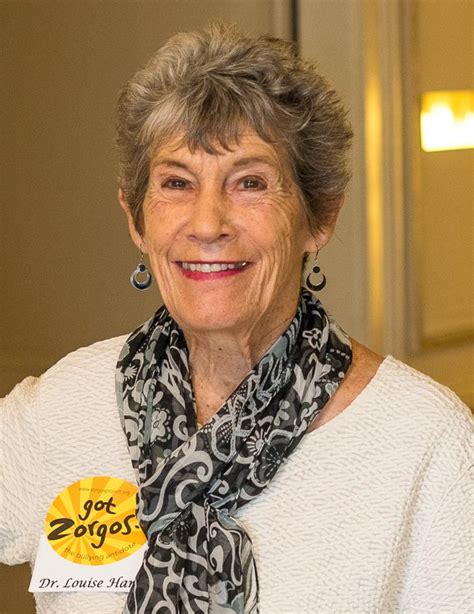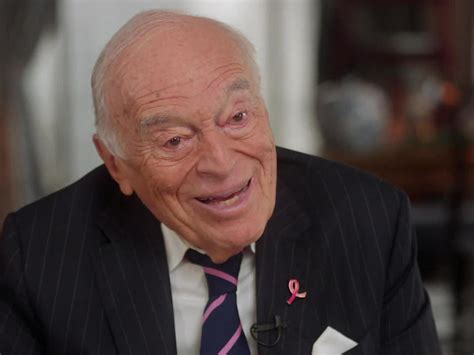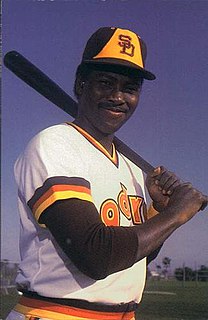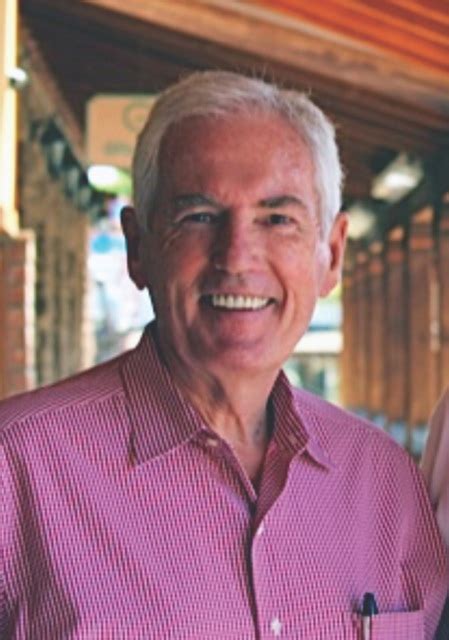A Quote by William H. Gass
Knowing has two poles, and they are always poles apart: carnal knowing, the laying on of hands, the hanging of the fact by head or heels, the measurement of mass and motion, the calibration of brutal blows, the counting of supplies; and spiritual knowing, invisibly felt by the inside self, who is but a fought-over field of distraction, a stage where we recite the monotonous monologue that is our life, a knowing governed by internal tides, by intimations, motives, resolutions, by temptations, secrecy, shame, and pride.
Quote Topics
Always
Apart
Blows
Brutal
Calibration
Carnal
Counting
Distraction
Fact
Felt
Field
Fought
Governed
Hands
Hanging
Head
Heels
Inside
Internal
Knowing
Laying
Life
Mass
Measurement
Monologue
Monotonous
Motion
Motives
Our
Over
Poles
Pride
Recite
Resolutions
Secrecy
Self
Shame
Spiritual
Stage
Supplies
Temptations
Tides
Two
Related Quotes
Right now you can allow yourself to experience a very simple sense of not knowing - not knowing what or who you are, not knowing what this moment is, not knowing anything. If you give yourself this gift of not knowing and you follow it, a vast spaciousness and mysterious openness dawns within you. Relaxing into not knowing is almost like surrendering into a big, comfortable chair; you just fall into a field of possibility.
Self-esteem creates natural highs. Knowing that you're lovable helps you to love more. Knowing that you're important helps you to make a difference to to others. Knowing that you are capable empowers you to create more. Knowing that you're valuable and that you have a special place in the universe is a serene spiritual joy in itself.
History is for human self-knowledge. Knowing yourself means knowing, first, what it is to be a person; secondly, knowing what it is to be the kind of person you are; and thirdly, knowing what it is to be the person you are and nobody else is. Knowing yourself means knowing what you can do; and since nobody knows what they can do until they try, the only clue to what man can do is what man has done. The value of history, then, is that it teaches us what man has done and thus what man is.
We have traditionally thought of knowing in terms of subject and object and have struggled to attain objectivity by detaching our subjectivity. It can't be done, and one of the achievements of postmodernity is to demonstrate that. What we are called to, and what in the resurrection we are equipped for, is a knowing in which we are involved as subjects but as self-giving, not as self-seeking, subjects: in other words, a knowing that is a form of love.
A visionary is someone who can see the future, or thinks he sees the future. In my case, I use it and it comes out right. That doesn't come from daydreams or dreams, but it comes from knowing the market and knowing the world and knowing people really well and knowing where they're going to be tomorrow.







































